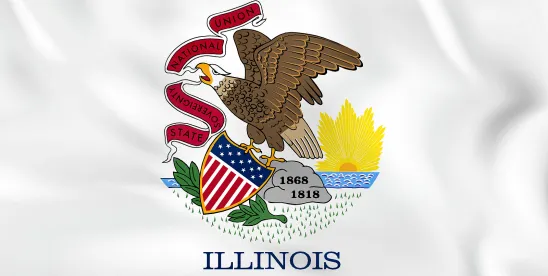On June 1, the Illinois General Assembly passed a bill that, if enacted, will delay the effective date of the Interchange Fee Prohibition Act by one year, from July 1, 2025, to July 1, 2026.
The law prohibits financial institutions, card networks, and processors from assessing interchange fees on the tax and gratuity components of credit and debit card transactions if the merchant informs the acquirer bank or its designee of the tax or gratuity amount during the authorization or settlement process. The Act also prohibits covered entities from altering or manipulating interchange fee calculations on the non-tax or non-gratuity portion of a transaction to circumvent the fee prohibition. Additionally, it bars the use or transfer of transaction data for any purpose other than processing the transaction or complying with law, and provides that violations constitute a violation under the Illinois Consumer Fraud and Deceptive Business Practices Act.
The delay follows a federal lawsuit filed in August 2024 by several organizations representing banks and credit unions, and comes after a federal court earlier this year partially enjoined the law—allowing it to take effect only against certain entities, including credit unions and in-state banks (previously discussed here and here). Plaintiff’s arguments include:
- Preemption under federal banking statutes. Plaintiffs allege the law is preempted by the National Bank Act, Home Owners’ Loan Act, and Federal Credit Union Act because it interferes with powers granted to federally chartered institutions to receive deposits, extend credit, process electronic transactions, and collect fees associated with those services.
- Conflict with the ETFA. The complaint argues that the law is inconsistent with federal regulations under the Electronic Fund Transfer Act, which permit issuers to charge interchange fees based on the full value of debit card transactions, without excluding taxes or gratuities.
- Operational and technological infeasibility. Compliance would allegedly require significant and costly changes to global payments infrastructure, including modification of POS systems, development of new transaction data standards, and implementation of a manual refund process for tax and gratuity-related interchange charges.
Putting It Into Practice: Illinois’s delay gives courts and businesses more time to figure out if the law can be enforced—but the federal lawsuit will still play an important role, especially on the scope of federal preemption.





 />i
/>i

